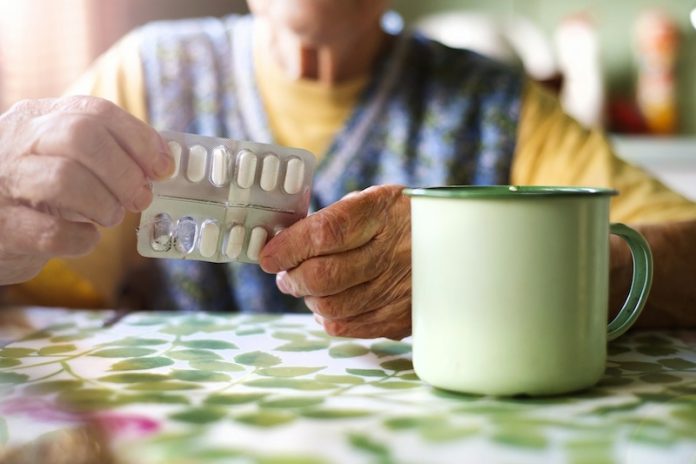
Medications are essential for treating various health conditions, but they can sometimes cause serious side effects. Two of the most important organs affected by drug toxicity are the liver and kidneys.
Understanding how certain drugs can harm these organs is crucial for safe medication use. Let’s explore the basics of drug-induced liver and kidney toxicity, supported by research, and explain it in a way that’s easy to understand.
The liver is a vital organ that processes almost everything we consume, including medications. It helps detoxify harmful substances and metabolizes drugs so they can be eliminated from the body.
However, some medications can damage the liver, leading to a condition known as drug-induced liver injury (DILI). DILI can range from mild elevations in liver enzymes (which indicate liver stress) to severe liver failure, which can be life-threatening.
One of the most common causes of DILI is acetaminophen (also known as paracetamol). While safe at recommended doses, high doses of acetaminophen can overwhelm the liver’s ability to process it, leading to severe damage.
Research has shown that acetaminophen toxicity is one of the leading causes of acute liver failure in many countries. This risk is higher in people who consume alcohol regularly or have preexisting liver conditions.
Another class of drugs known to cause liver toxicity is antibiotics. Certain antibiotics, like amoxicillin-clavulanate, have been associated with liver injury.
Studies have reported that these drugs can cause a range of liver problems, from mild liver enzyme elevations to more severe conditions like jaundice (yellowing of the skin and eyes) and hepatitis (inflammation of the liver).
Nonsteroidal anti-inflammatory drugs (NSAIDs), commonly used for pain and inflammation, can also cause liver damage. Drugs like ibuprofen and diclofenac are generally safe when used as directed, but long-term use or high doses can lead to liver problems.
Research indicates that while the risk is relatively low, it is still significant enough to warrant caution, especially in people with underlying liver conditions.
The kidneys are another vital organ affected by drug toxicity. The kidneys filter waste products from the blood and excrete them in urine.
They also help regulate blood pressure and maintain fluid and electrolyte balance. Drug-induced kidney injury (DIKI) occurs when medications damage the kidneys, impairing their ability to function properly.
One of the most well-known drugs that can cause kidney damage is NSAIDs. These drugs can reduce blood flow to the kidneys, leading to acute kidney injury (AKI).
This risk is higher in people with preexisting kidney conditions, dehydration, or those taking other medications that affect kidney function. Research has shown that long-term use of NSAIDs is associated with a higher risk of chronic kidney disease (CKD).
Certain antibiotics, particularly those in the aminoglycoside class (like gentamicin), are also known to cause kidney toxicity.
These antibiotics can accumulate in the kidneys and damage the cells responsible for filtering blood. Studies have shown that the risk of kidney damage increases with higher doses and longer durations of treatment.
Chemotherapy drugs, used to treat cancer, can also cause significant kidney damage. Drugs like cisplatin are effective against cancer but can be toxic to the kidneys. Research has found that a substantial percentage of patients receiving cisplatin experience some level of kidney injury.
This has led to the development of strategies to minimize kidney damage, such as adequate hydration and dose adjustments.
Preventing drug-induced liver and kidney toxicity involves several strategies. First, it is crucial to follow medication instructions carefully and avoid exceeding recommended doses.
Regular monitoring of liver and kidney function through blood tests can help detect early signs of toxicity. For patients taking potentially toxic medications, healthcare providers may adjust doses or switch to safer alternatives when possible.
In conclusion, while medications are essential for treating various conditions, they can sometimes cause serious liver and kidney damage. Drugs like acetaminophen, certain antibiotics, NSAIDs, and chemotherapy agents are known to cause toxicity in these organs.
Understanding the risks and following preventive measures can help reduce the chances of drug-induced liver and kidney injury.
Always consult with healthcare providers before starting new medications, especially if you have preexisting liver or kidney conditions, to ensure safe and effective treatment.
If you care about liver health, please read studies about simple habit that could give you a healthy liver, and common diabetes drug that may reverse liver inflammation.
For more information about health, please see recent studies about simple blood test that could detect your risk of fatty liver disease, and results showing this green diet may strongly lower non-alcoholic fatty liver disease.
Copyright © 2024 Knowridge Science Report. All rights reserved.



